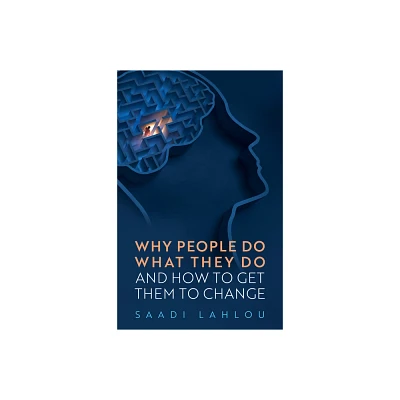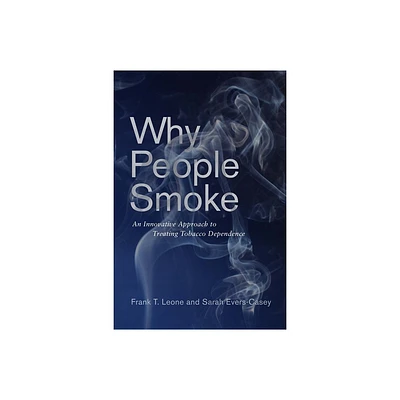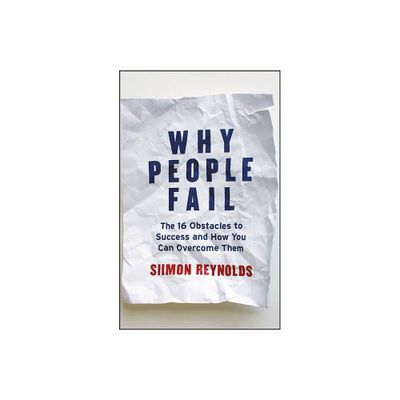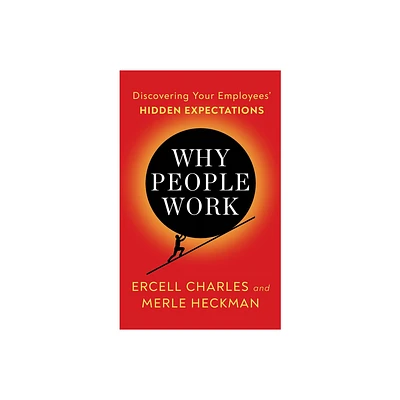Home
What Is Virtue Signaling, Why People Engage And The Benefits of Engaging Signaling
Loading Inventory...
Barnes and Noble
What Is Virtue Signaling, Why People Engage And The Benefits of Engaging Signaling
Current price: $21.99


Barnes and Noble
What Is Virtue Signaling, Why People Engage And The Benefits of Engaging Signaling
Current price: $21.99
Loading Inventory...
Size: Paperback
*Product Information may vary - to confirm product availability, pricing, and additional information please contact Barnes and Noble
This essay sheds light on what is virtue signaling, demystifies why people engage in virtue signaling, and identifies the benefits of engaging virtue signaling. Virtue signaling is the practice of publicly expressing opinions that are aligned with moral correctness in an attempt to brand yourself as a virtuous person. Virtue signaling can also be exhibited by publicly deprecating injustices. Virtue signaling is strategically embraced by public figures so that they can brand themselves as virtuous people. However, the authentic introspective opinions of a public figure about certain issues may not always be aligned with their publicly expressed opinions that they opine in an attempt to brand themselves as virtuous people. An example of virtual signaling can for instance involve a chef executive officer of a multi-billion dollar company proclaiming that he highly values his company's employee and cares about their well-being even though he is unwilling to even consider paying his employee a penny above minimum wage in spite of the fact that his company can easily afford to substantially increase the hourly wages of its employees. When a person engages in virtue signaling, he attempts to brand himself as a virtuous person even though his actions may be contradictory to his words. Engaging in virtue signaling can even involve someone unrighteous attempting to posture himself as a virtuous person even though his actions may be eminently hypocritical to his words. Engaging in virtue signaling can involve publicly expressing opinions that are aligned with moral correctness even if the individual's actions are contradictory to his words. A person who publicly expresses morally correct opinions may do so in order to brand himself as a virtuous person and boost his likability among other people even though his actions may be contradictory to his words. People value hearing other people monologue about popular opinions that are aligned with moral correctness even though the grim reality of the situation is that a person's actions may be contradictory to his words. It is eminently duplicitous for a person to undergo actions that are contradictory to his words. People in positions of power will leverage the power of virtue signaling to publicly express opinions that are aligned with moral correctness even if their actions are the antitheses of their public declarations. By leveraging virtue signaling, it is much easier for people to maintain their positions of power than it would otherwise be if they divulged their authentic opinions. Lamentably, not everyone's authentic opinions are aligned with virtuousness, righteousness, nor morality. The practice of virtue signaling can be apart of a stratagem for someone to leverage in order get elected into a position of power even if the person's words are highly contradictory to his actions. It is grossly duplicitous for a person to undergo actions that are unaligned with his words.Undergo actions that are contradictory to his words can result in a person gaining infamy and notoriety if the public discover that his actions are contradictory to his words. Once someone has been elected into a position of power, he is apt to maintain his position of power for a prolonged period of time in the coming years in spite of how unsavory his actions may be. People engage in virtue signaling by publicly express opinions that are aligned with moral correctness in order to brand themselves as virtuous people and boost their likability among other people even though their action can be contradictory to their words in contexts in which they choose to undergo actions that are unaligned with their words. When people engage in virtue signaling, other people who are oblivious to their actions are all the more apt to perceive them as virtuous people. Other people feel more comfortable being around people who they perceive to be virtuous, righteous, and moral than they do around people who they perceive to be unrighteous, unvirtuous, and immoral. People engage in virtue signaling by publicly express opinions that are aligned with moral correctness which ultimately allows them to boost their reputation and gain additional supporters if they are attempting to get elected into a position of power. Engaging in virtue signaling can for instance render someone all the more likeable, approachable, popular, and reputable before he is elected into a position of power. Engaging in virtue signaling can for instance render someone all the more likeable, approachable, popular, winsome, and reputable before he is elected into a position of power. People who engage in virtue signaling should do everything in their purview to ensure that their actions are eminently aligned with their words and should not renege on doing so.


















